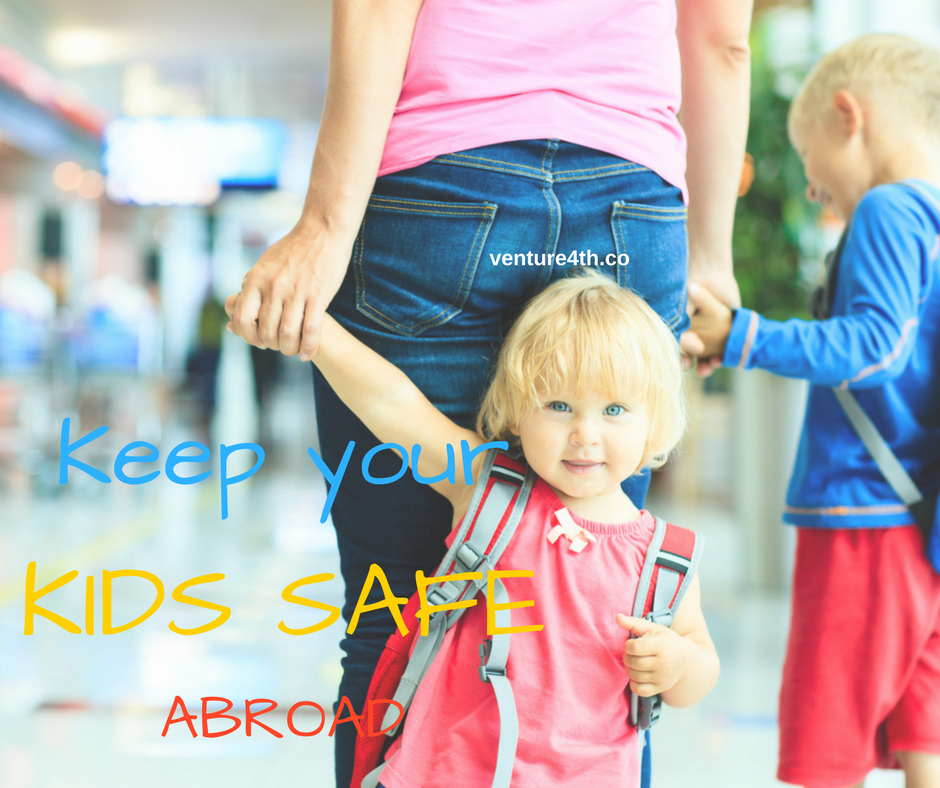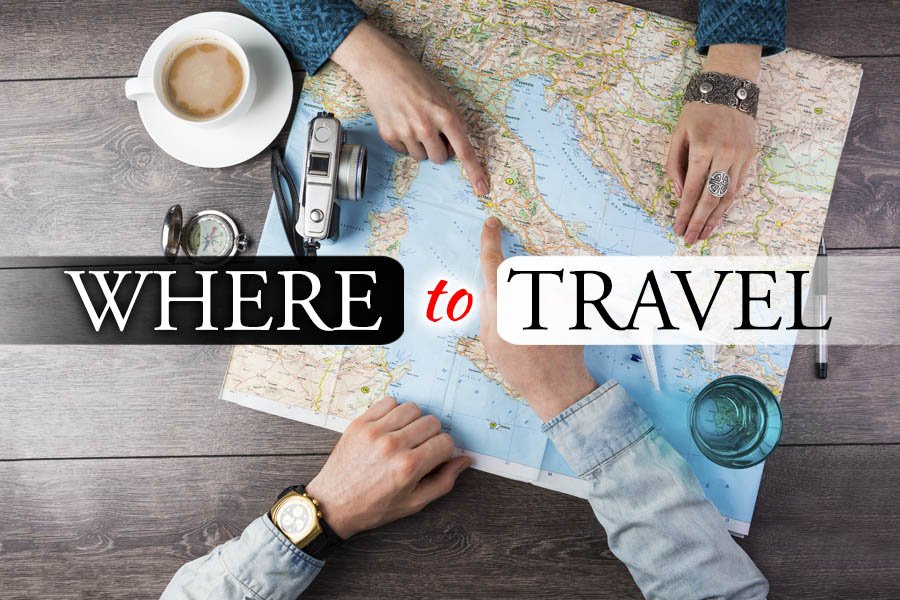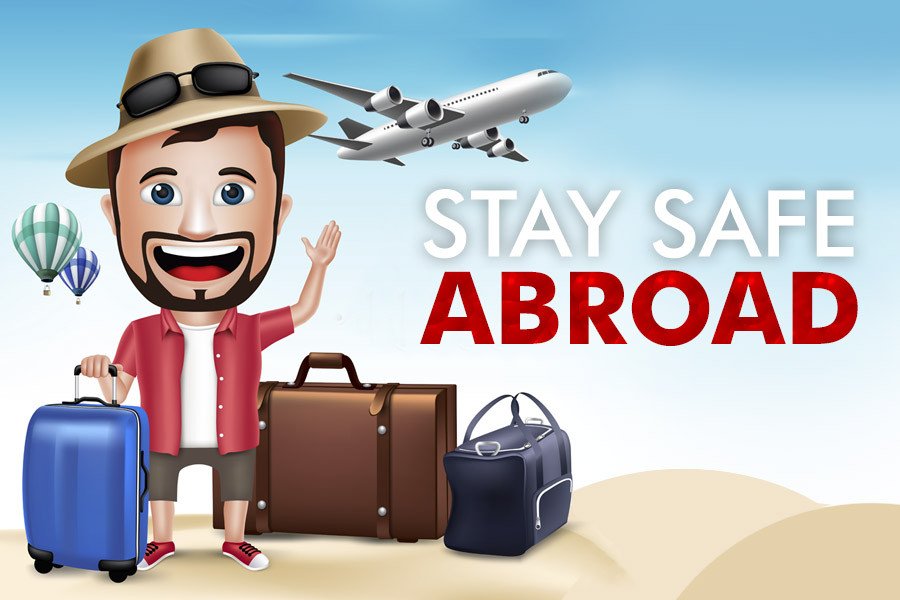If you’re a parent, then you probably already know the unique challenges that traveling with children represents. Besides having toddlers pulling your money neck wallet out of your shirt at inopportune moments, or running off to explore some unknown area without your knowledge, you have various important concerns to think about if you want to keep your youngsters safe.
Keeping your kids safe abroad can be something of a full-time job that influences every part of your vacation. After all, while travelling with children can be an enriching and educational experience, it’s also very risky. Besides the usual safety hazards of choking, stomach bugs, and accidents, kids can frequently suffer from stronger reactions to the exotic ailments they come across when traveling abroad. Fortunately, we’ve put together some useful tips that might help to protect your loved ones while you build great family memories.
1. Start by Checking Vaccinations
Immunizations exist for a reason – they’re there to keep you and your child safe and secure when you travel to foreign destinations and come into contact with unfamiliar bugs. In certain countries, it’s highly possible for children to be exposed to diseases that they are less likely to contract at home – such as typhoid fever and polio. Rather than taking the risk and assuming your child will be okay to save him or her a quick jab at the doctors’ office – check with your surgery to find out which vaccinations are recommended.
2. Know the Risk
Many people who like to plan ahead for their vacation invest in things like a money neck wallet to keep their finances safe, as well as reviewing information about their destination online. However, it’s worth checking up on more than just crime rates in your chosen destination. One single statistic – the infant mortality rate – can give you an important insight into how vigilant you need to be about things like infectious diseases and automobile safety wherever you go. We know that this might not be the kind of thing that you want to think about when you’re looking forward to fun in the sun with your kids, but the truth is that it’s better to be safe than sorry.
3. Rent Cars from Reputable Companies
If your travel experience is going to involve a lot of exploration, then one of the best things you can do is to rent your car from an international operation that you know to be reputable. As important as it is to think about infection and disease when keeping your kids safe abroad – remember that common risks still present themselves in the form of auto accidents and crashes. Make sure that your car has all of the standard safety features it needs to protect your family. This is usually more likely to be the case if you go with a larger firm than a smaller family-owned outfit. You should always bring your own car seat too, to ensure optimum security.
4. Inspect your Accommodations
If you’re traveling with young children, then it’s important to scour the accommodation you’re staying in for potential threats. These could be anything from choking hazards left strewn about the hotel, to looped window cords, or heavy pieces of broken furniture that look about ready to topple. In hotels and homes, bathrooms can be particularly dangerous. Check to make sure that the hot and cold water taps are labeled correctly, and always keep an eye on your youngsters.
5. Think About Investing in Insurance
While insurance might not directly work in keeping your kids safe abroad or protecting them from disaster, it will help to mitigate a catastrophe if something unexpected was to happen. If you or your children suffer from a sudden medical emergency, the last thing you want is to be shipped off to a sub-standard hospital. Many travel insurance companies will offer evacuation coverage which pays for you to be transported to the U.S. hospital of your choice. This can provide some very important peace of mind when you’re worried about the health and safety of your kids.
6. Have a Medical Plan
Sometimes, keeping your kids safe abroad means thinking about what you’re going to do if something does go wrong. If your child gets sick, then the first thing you will need to do is contact your doctor back home. If that isn’t possible, you should contact the U.S. embassy and request a recommendation.
7. Be Careful with Food and Water
Children are often susceptible to stomach illnesses and bugs that could leave them dehydrated. If the water in your chosen destination can’t be consumed straight from the tap, make sure that you only use boiled and bottled water for everything – from brushing teeth to washing bottles. Treat vomiting and diarrhea with hydration salts if they do occur – which are widely available throughout the world.
8. Wear a Money Neck Wallet
While this might not seem to have a direct impact on your child’s health – keeping your finances and important documents secured and hidden out of sight can help to ensure that you can keep your focus on your children at all times. This can be particularly important in foreign countries when you need to be vigilant about a range of new and different dangers. Your money neck wallet will also keep your documents safe so that you can use them in the case of an emergency.
9. Make Kids Wear Shoes
Parasitic infections represent a serious problem in certain countries, and kids can be particularly prone to them because they often put their fingers in their mouths and try to run around barefoot – particularly in warm weather. It’s crucial for your children to wear shoes when you’re in unfamiliar locations, as you never know what could be on the floor ready to cut or bite them. You may also benefit from having sterile wipes and hand sanitizer available – just in case.
10. Always Avoid Animals
Protecting your kids is tough when they’re always looking for new ways to explore. As trusting and curious people, kids are far more likely to approach unfamiliar animals when you’re abroad. Make sure that you instruct your children not to walk up to dogs, cats, or monkeys in foreign areas – as they could carry serious diseases, and may attack children if they are feral or wild.




